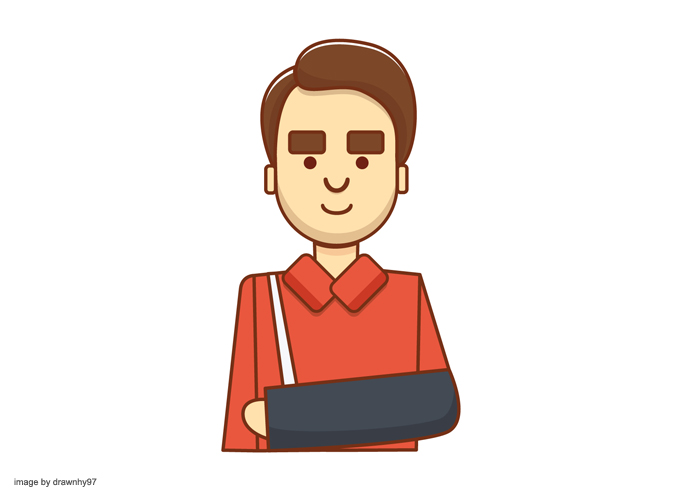Returning to appropriate work activities can help recovering patients heal faster. The SGH Return to Work Programme adopts a multidisciplinary approach to support patients and their employers.
Getting an injured patient to resume work before he has completely recovered sounds counter-intuitive, but participation in medically appropriate work activities actually provides positive health outcomes and promotes faster recovery. Once the patient’s condition has stabilised and work modifications have been made to accommodate the injury/illness, there is no need to wait for full recovery before returning to work.
In fact, the longer someone is off work, the less likely he will ever return. Studies have shown that if a worker is 20 days off work, he has a 70 per cent chance of returning. But if he is 70 days off work, his chance of returning drops to 35 per cent.
Prolonged absence from one's normal roles, including absence from work, can have a negative impact on the health and well-being of a person. It can lead to adverse physical, psychological, social and financial effects. Work is an important source of individual identity; it not only provides for our daily livelihood requirements but also adds purpose and meaning to our lives.

Helping Mr Lim recover and return to work
Mr Lim is a 30-year-old technician working in the semiconductor industry. He slipped and fell at his workplace, fractured his right arm and underwent a surgical operation at SGH. Upon discharge, the orthopaedic surgeon prescribed Mr Lim medical leave for his recovery and referred him to Occupational Medicine to see if he was suitable for the RTW programme.
After Mr Lim was successfully recruited into the programme, an RTW coordinator worked with the surgeon, the RTW team and Mr Lim’s employer to develop an early return-to-work plan for him. This allowed him to be back at the workplace within three weeks from surgery, where he was temporarily assigned to train new employees in the company in place of his usual work role.
In this role, Mr Lim is able to return to work early and safely in an adjusted job role, while still on physical therapy and rehabilitation. He received strong support from his colleagues and supervisors, who commended his work performance and motivation and were more than willing to support him through this journey.
Three months later, Mr Lim made a full recovery with no permanent disability and was certified fit to return to work in his role prior to his injury.
Return to Work Programme at SGH
The SGH Return to Work (RTW) Programme is a medical programme that helps patients recover, return to work safely and maintain employability by adopting a multidisciplinary approach. It comprises the collaborative efforts of the patients’ primary doctors, a multi-disciplinary healthcare team (occupational medicine and rehabilitation medicine specialists, occupational therapists and physiotherapists), as well as employers, to look at job reassignment or work modifications so that patients can continue to work during rehabilitation and recovery.
Doctors can refer patients who have injuries/ illnesses impairing their work ability to occupational medicine specialists at SGH for review on their suitability for the RTW programme.
Once the patient is enrolled into the programme, an RTW coordinator – usually an occupational therapist or physiotherapist – will liaise with the patient, his employer and the healthcare professionals involved in his care to review his medical condition and job demands. Under this programme, most patients are able to regain their functional abilities and achieve an early return back to work.
In patients with complex medical conditions and who may not regain their pre-injury work ability, the multidisciplinary RTW team will work with the patient to intensify rehabilitation, and engage the employer on work adjustment and workplace accommodations as needed. Depending on the degree of functional impairment, these options include retraining for a new job with the current employer, incorporating workplace changes (e.g. switching to work tools which are lighter and easier to handle), or referral to government employment centres or community services for vocational training or a new job.
The RTW Programme is an initiative launched on 1 Nov 2017 by the Ministry of Manpower, Workplace Safety and Health Council, National Trades Union Congress, and Singapore National Employers Federation. It was rolled out progressively in 2018 to all public hospitals in Singapore. To date, SGH has helped more than 50 patients recover and return to gainful employment.
Watch this video to learn about a patient’s “return to work” journey.
We love mail! Drop us a note at [email protected] to tell us what you like or didn’t like about this story, and what you would like to see more of in LighterNotes.
